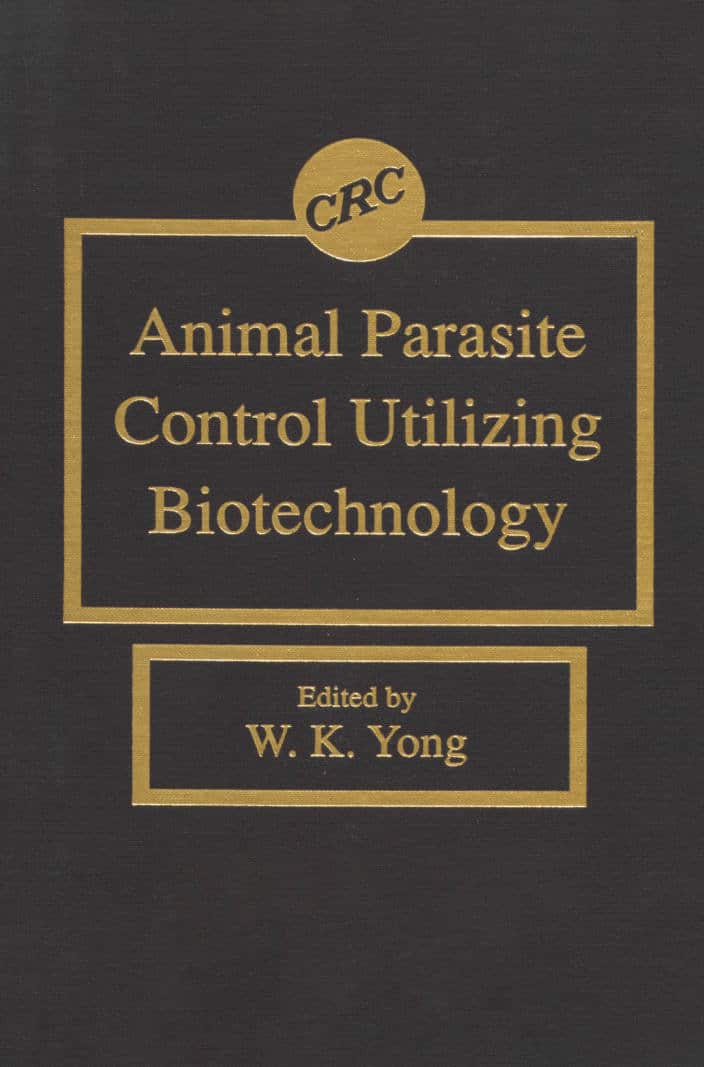
By Weng K. Yong
This volume emphasizes the application of modern biotechnological approaches to the study and control of animal parasites. The book begins by discussing molecular concepts and principles in general before moving on to cover specific applications for endoparasites, ectoparasites, and finally the hosts themselves.
Animal Parasite Control Utilizing Biotechnology will be an instrumental reference in promoting a better understanding of the host-parasite relationship and suggesting viable means of controlling economically important parasite infections of animals. The book will be invaluable to zoologists, parasitologists, microbiologists, biochemists, geneticists, immunologists, physiologists, molecular biologists, veterinarian and medical scientists, and advanced students interested in the topic.
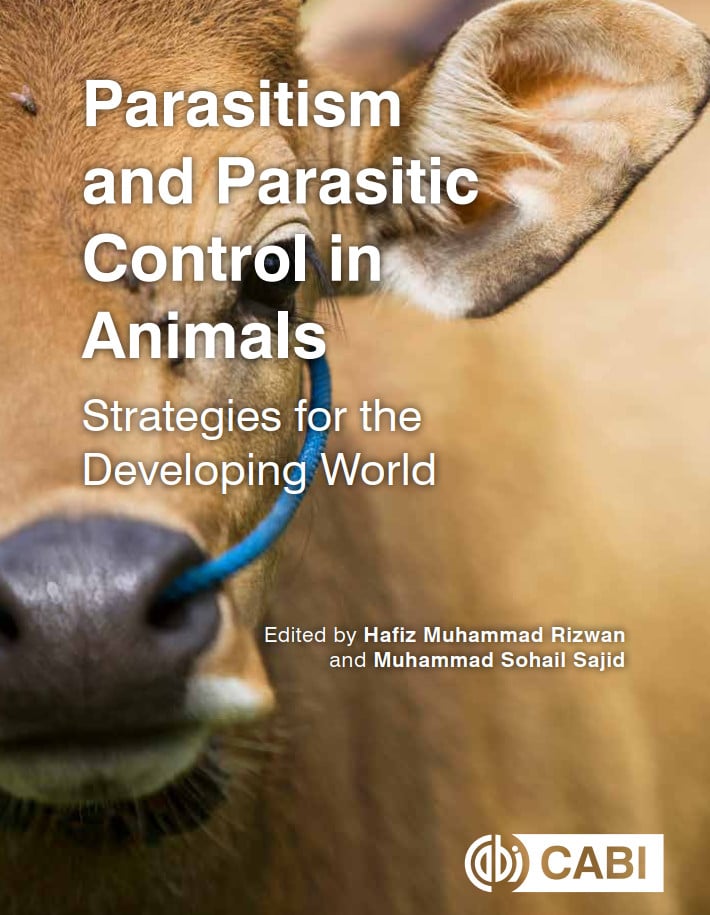
Table of Contents
- Molecular Concepts, Principles and Approaches
- Biotechnology: A Shot-in-the-Arm for Veterinary Parasite Control
- Application of Recombinant DNA Technology to Genetic Analysis of Sporozoan Parasites
- Vectors for Recombinant Vaccine Delivery
- Advances in Adjuvant Technology and Application
- Endoparasite Models
- Control of Gastrointestinal Nematode Parasites
- Control of Tissue Parasites I: Nematodes
- Control of Tissue Parasites II: Cestodes
- Control of Tissue Parasites III: Trematodes
- Control of Intraerythrocytic Parasites
- Control of Intracellular Parasites: The Coccidia
- Ectoparasite Models
- Biotechnology and the Control of Myiasis Diseases
- Vaccination Against Ticks
- Biotechnology and the Control of Mosquitos
- The Genetics of Host Response and Its Influence on Control Strategies
- The Major Histocompatibility Complex and Parasite Immunity
- Leukocyte Molecules and Their Possible Function in Immunity to Parasites
- Genetic Markers for the Selection of Parasite Resistance in Livestock
- Glossary
- Index



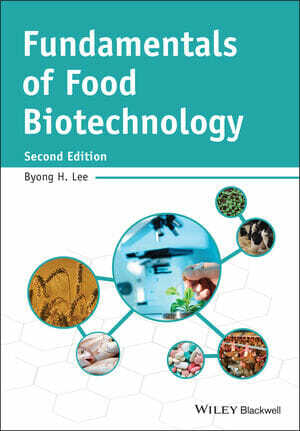
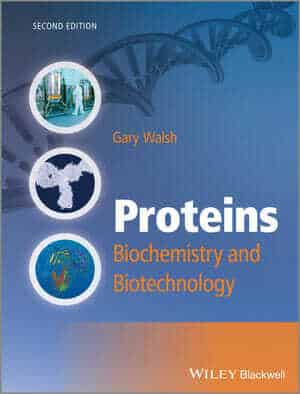
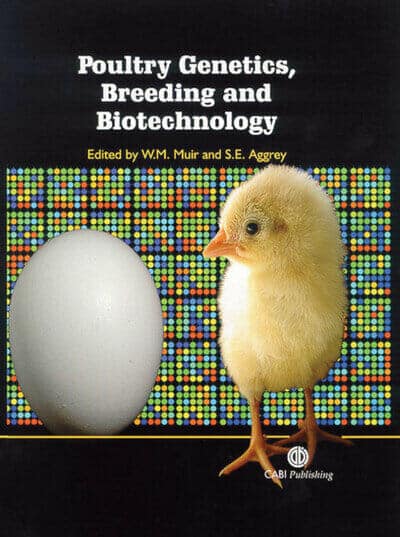
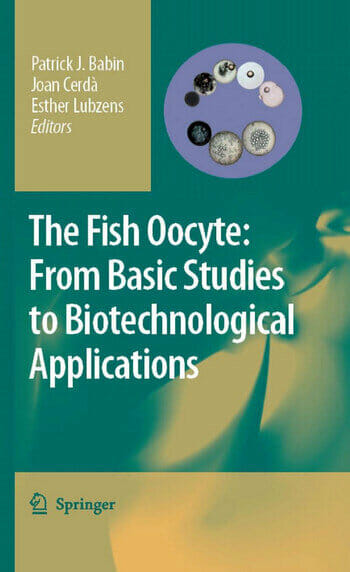





![Ettinger’s Textbook of Veterinary Internal Medicine 9th Edition Ettinger’s Textbook of Veterinary Internal Medicine 9th Edition [True PDF+Videos]](https://www.vet-ebooks.com/wp-content/uploads/2024/10/ettingers-textbook-of-veterinary-internal-medicine-9th-edition-100x70.jpg)



